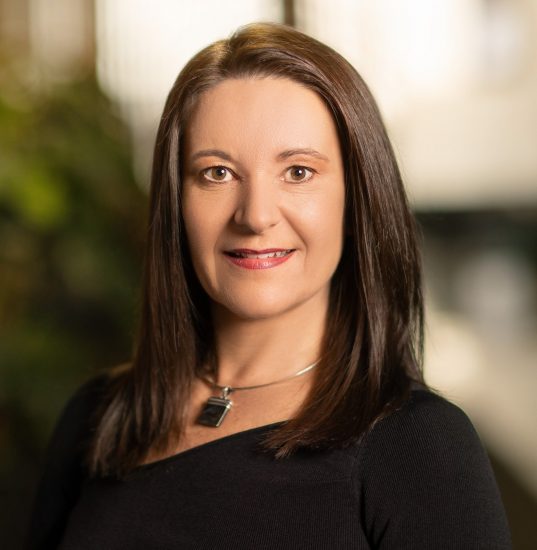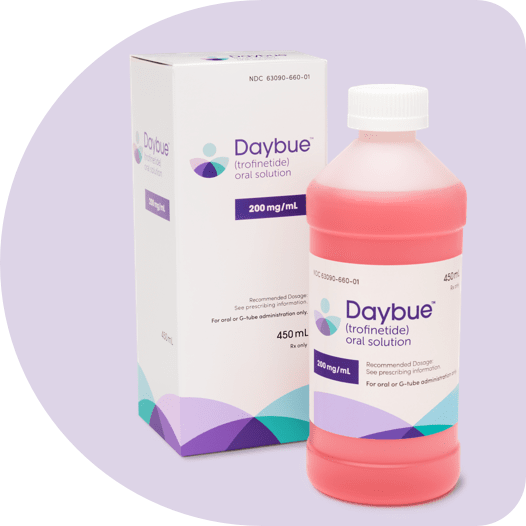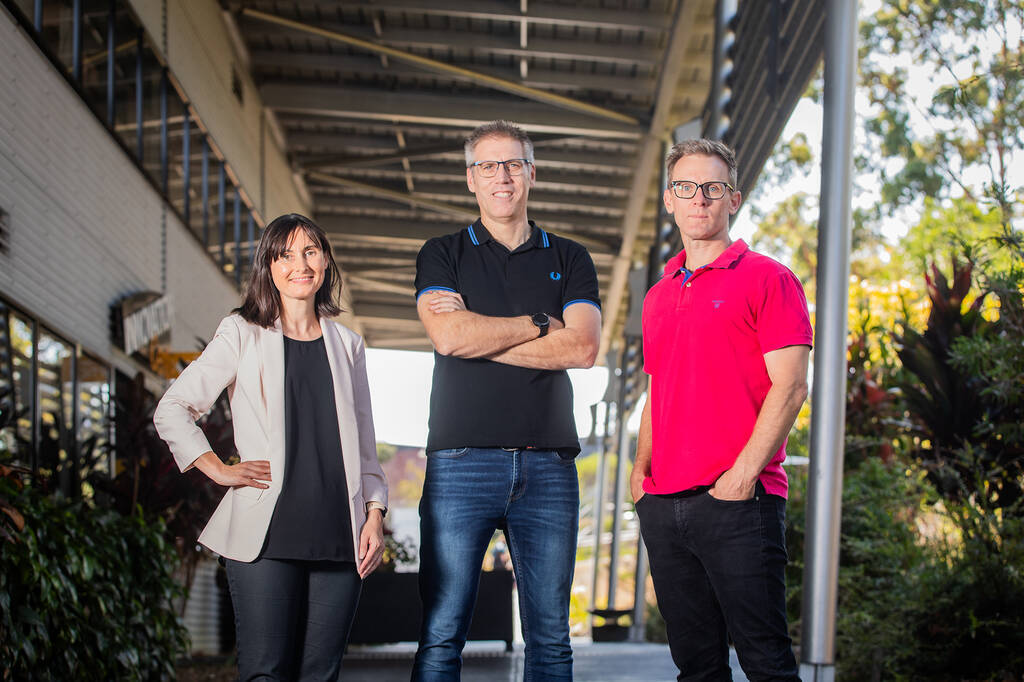Australia’s EMVision takes world lead in portable brain scan devices
By Leon Gettler, Talking Business >>
IMAGINE a tool that protects people from stroke, a tool that you can use by the bedside or even in the driveway. This potentially could replace, or at least add to, the equipment now found in hospitals to examine the brain, such as CT scans and MRI machines.
This is precisely the device – so to be devices – being developed by EMVision, a listed company which was spun out of the University of Queensland (UQ). EMVision is today based in Sydney.
EMVision CEO Ron Weinberger said EMVision’s portable imaging devices were specifically aimed at dealing with the classification of stroke.
“It’s a fast, reliable, safe cost-effective point of care way of actually looking at patients with brain injury,” Dr Weinberger told Talking Business. 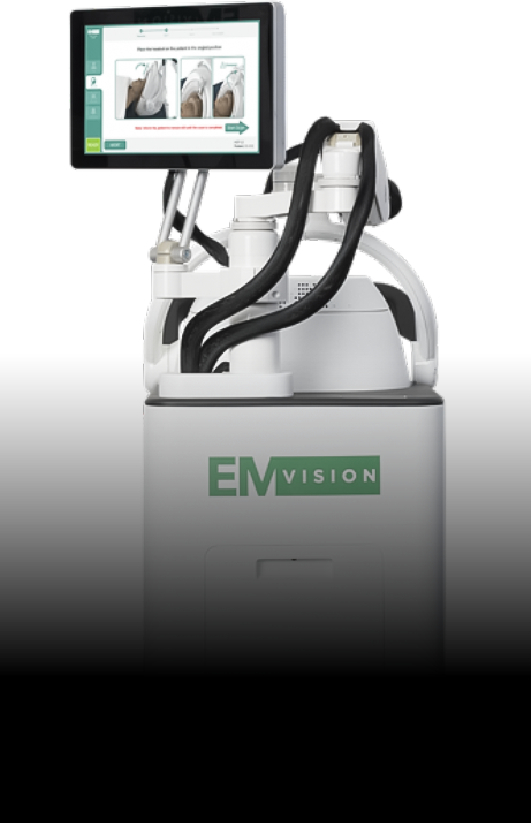
“It’s not just stroke we can look at. We can look at brain injury in general, but we are starting on stroke because of the huge unmet need and health economic burden around the world.
“Why we are looking at stroke is that one of the issues is there isn’t any other way – by the bedside or in the driveway of a home – that you can actually look at a patient’s brain in a portable way.”
Dr Weinberger said the University of Queensland had been working on this device for 10 years and EMVision had been spun out of UQ’s start-up incubator unit, Uniquest, and the devices had subsequently been developed over two years,
“We’ve accelerated very rapidly from the work done in a laboratory to the work we’ve been able to do as a commercial entity,” Dr Weinberger said.
UQ continues to back EMVision
UQ is a shareholder in EMVision and one of the inventors, professor Stuart Crozier, now works as EMVision’s chief scientific officer. He was involved originally in detecting magnetic field distortion in MRIs and 60 percent of MRIs have the technology he developed.
One of the issues for the company is that the location of EMVision’s product development team is in Sydney and its relationship with UQ is in Queensland. That creates a ‘tyranny of distance’ as well as a different mindset for solving problems.
EMVision has its own product development team at Macquarie Park, Sydney.
It is also commercialising the device by working with potential partners in the large imaging companies such as GE and Siemens.
Dr Weinberger said EMVision was drawing talent for its team from all over the world.
He said the company’s recent listing on the Australian Securities Exchange (ASX) was important because EMVision needed patient capital and access to capital markets.
“The listing allowed us to have incredible investors,” Dr Weinberger said.
He said the listing brought a new level of structure to the way EMVision operates. 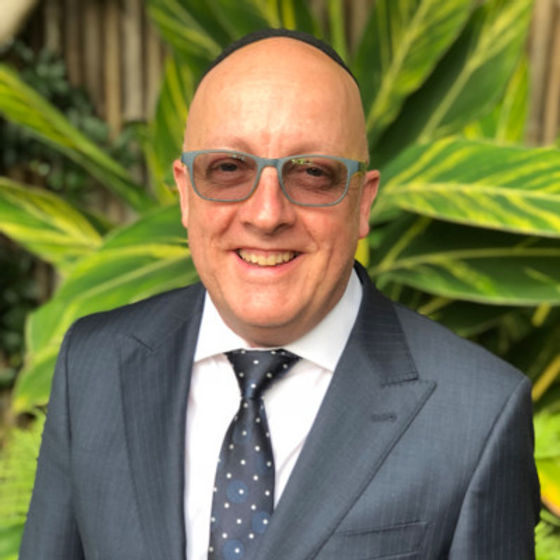
“The governance and transparency that’s required in a listed environment brings a level of functionality that you normally wouldn’t have to have in a business. You can look at it as a burden, In our case it’s been very much as a plus,” Dr Weinberger said.
“Working in a listed environment allows you to manage your governance issues with research institutions and all other third parties that you might be working with.”
He said EMVision works closely with hospitals and the Australian Stroke Alliance.
“We’re going to change the nature of stroke diagnosis and imaging,” he said.
Hear the complete interview and catch up with other topical business news on Leon Gettler’s Talking Business podcast, released every Friday at www.acast.com/talkingbusiness
ends


